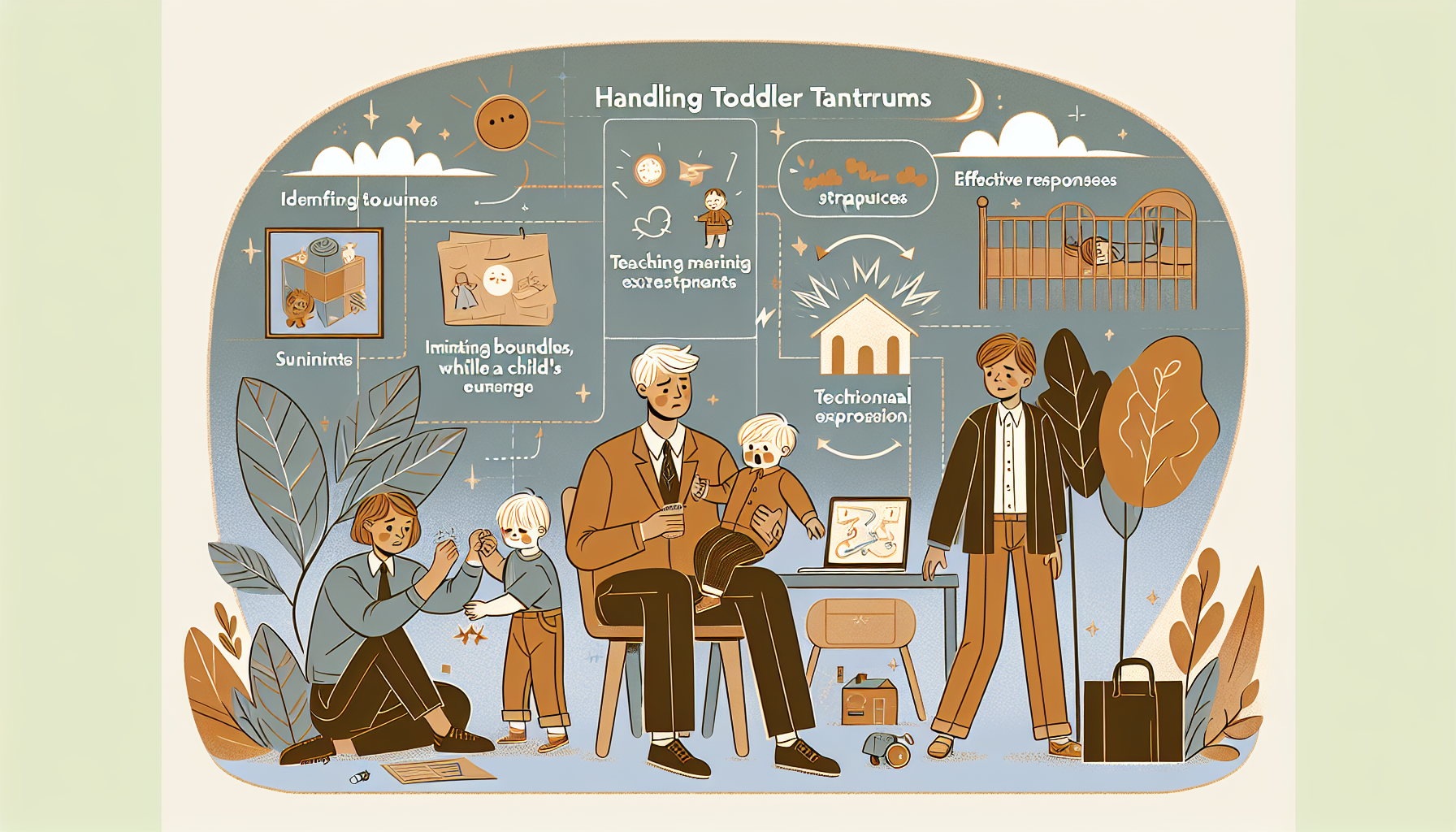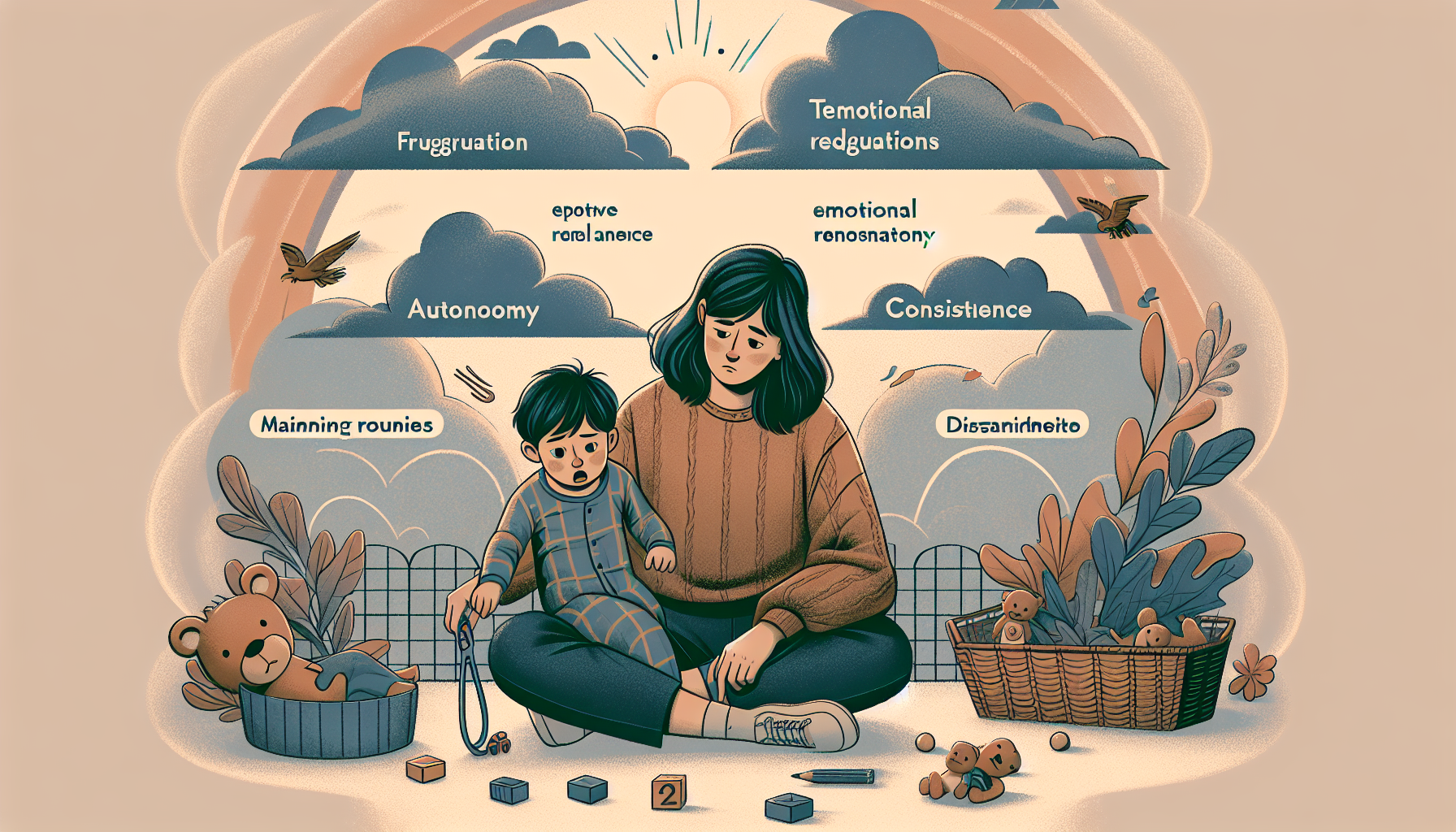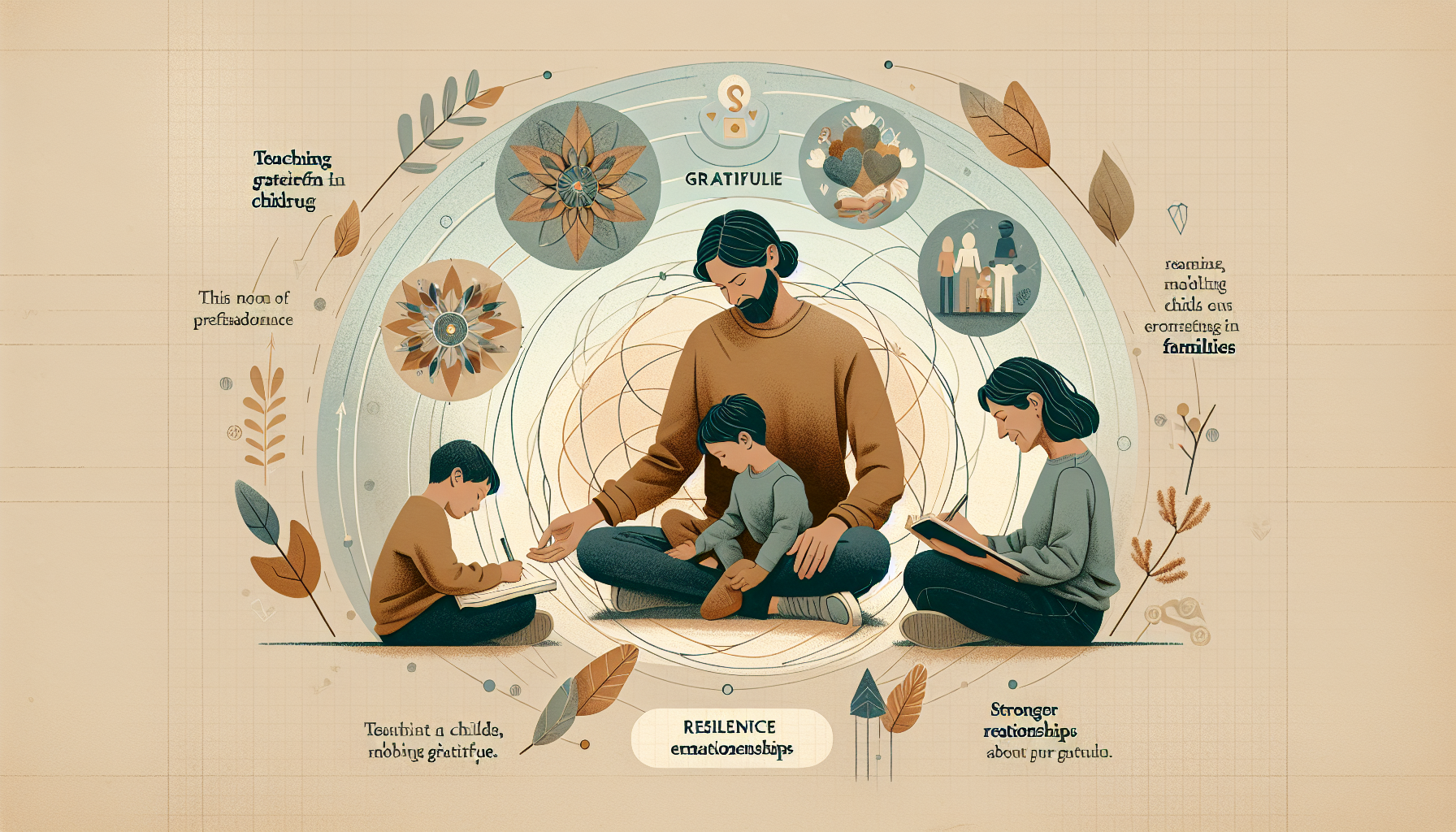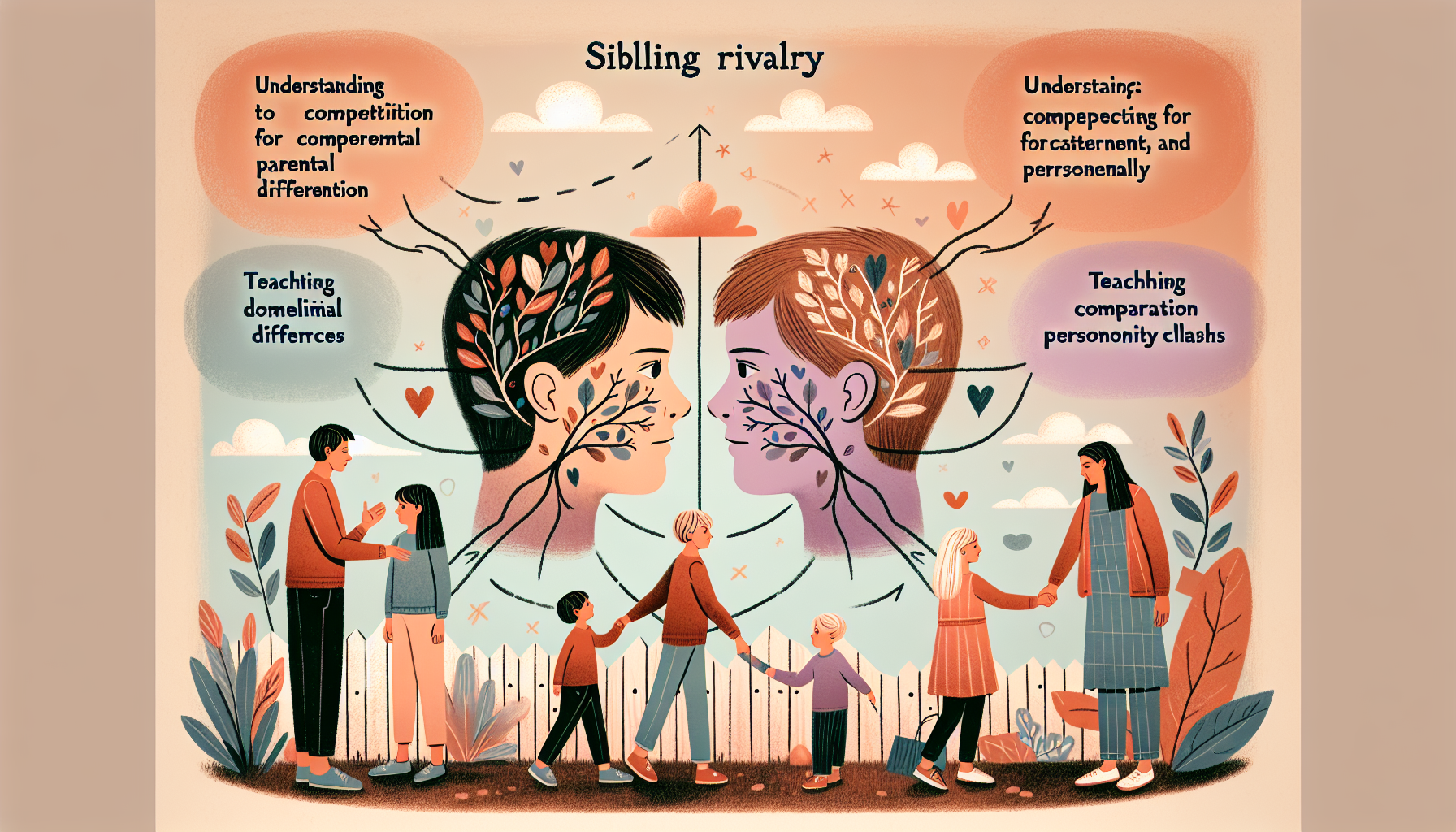Balancing screen time and real-life interactions
```html Balancing Screen Time and Real-Life Interactions Balancing Screen Time and Real-Life Interactions: A Guide for Parents Introduction In today’s digital age, screens are everywhere—smartphones, tablets, computers, TVs, and gaming consoles. While these devices can provide entertainment, education, and even
Read More









